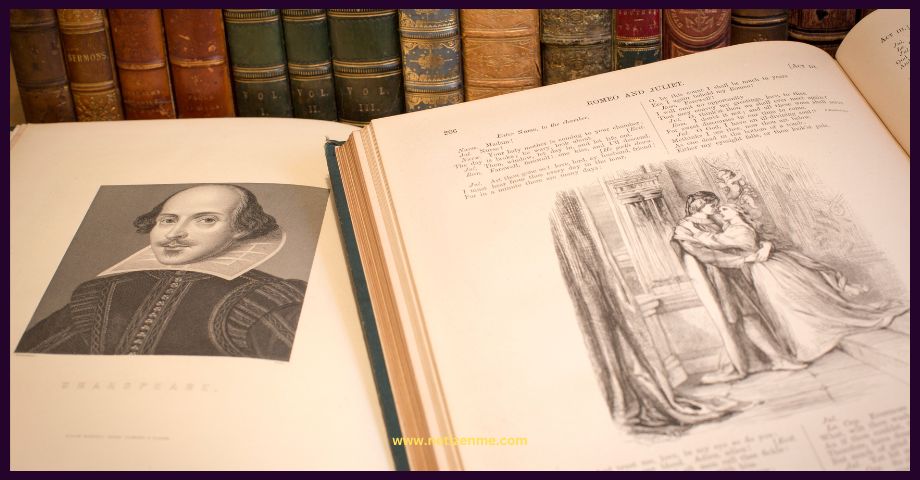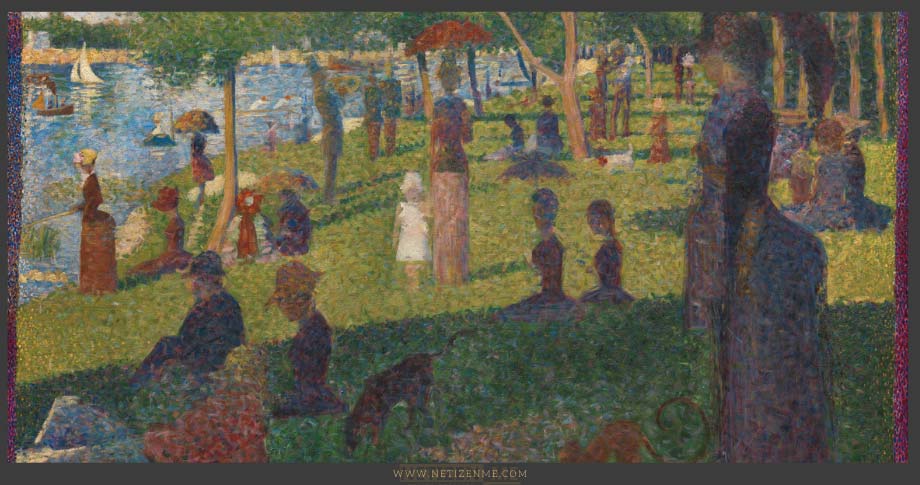What to you is Comedy? What do you find funny? What are examples of stories, authors or other arts that you find humor? Also, WHY do you find those things funny?
What is Comedy?
Comedy is a genre of literature and other arts that aims to provoke laughter and amusement. It often relies on techniques such as wit, irony, satire, wordplay, and absurdity to create humorous effects. What people find funny can vary greatly depending on individual preferences and cultural context. However, a few general elements tend to contribute to humor.
Examples of stories, authors, or other arts that you can find humor
Incongruity:
The unexpected or unpredictable elements, such as a sudden twist, an absurd situation, or a juxtaposition of contrasting ideas, can create humor. It involves surprising the audience by subverting their expectations.
- Oscar Wilde’s play The Importance of Being Earnest, the characters’ web of lies, mistaken identities, and witty dialogue. Which leads to humorous misunderstandings and absurd scenarios. Wilde’s clever manipulation of unexpected events and dialogue keeps the audience entertained.
- Monty Python’s Life of Brian is a British comedy film that features absurd scenarios and surprising twists that create humor through satire and irreverence. The story follows Brian, a young man living in the time of Christ, as he becomes unintentionally embroiled in a series of comedic and absurd events.
- Douglas Adams’ The Hitchhiker’s Guide to the Galaxy, a science fiction novel combines elements of absurdity, wit, and satire to tell the story of an ordinary man, Arthur Dent. He embarks on a journey through space after Earth is destroyed. The novel’s unpredictable plot twists and bizarre characters, such as Marvin the paranoid android and Zaphod Beeblebrox. It creates a humorous and engaging narrative.
- The Office, a mockumentary-style television series, is known for its awkward and unexpected moments, which lead to humor through the characters’ interactions and unique personalities. The show entertains audiences with dry humor, absurd situations, and unanticipated developments.
- Catch-22 by Joseph Heller, a classic novel, features absurd situations and illogical military bureaucracy during World War II. The story follows Captain John Yossarian as he navigates a series of ironic and contradictory situations that highlight the absurdity of war and authority.
- Arrested Development is a television sitcom known for its unpredictable plot twists, running gags, and absurd situations. The story revolves around the dysfunctional Bluth family, whose members often find themselves in comically improbable scenarios, creating humor through unexpected outcomes and quirky personalities.
Satire and Social Critique:
Comedy often serves as a vehicle for social commentary and satire. Comedy can provoke thought while entertaining by using humor to highlight and mock societal flaws, hypocrisies, or absurdities.
Jonathan Swift’s “Gulliver’s Travels” uses satire to critique various aspects of society, including politics, human nature, and institutions. Through absurd and exaggerated scenarios, Swift exposes the flaws of his contemporary world.
One notable example is George Orwell’s “Animal Farm,” a novella that uses satire to critique totalitarianism and the corrupting influence of power. Orwell employs anthropomorphic farm animals to symbolize political figures and ideologies, illustrating how pursuing power can lead to the betrayal of revolutionary ideals.
Another example is the television series “Parks and Recreation.” The show uses humor and satire to highlight the absurdities of local government and bureaucratic inefficiencies. It offers commentary on political processes and civic engagement. The writer achieves this through exaggerated characters and scenarios while maintaining an engaging and comedic narrative.
Wordplay and Linguistic Humor:
Clever wordplay, puns, double entendres, and linguistic tricks. Which can create humor through manipulating language and the unexpected connections they reveal.
Shakespeare’s comedies, such as “Twelfth Night” and “Much Ado About Nothing,” often employ wordplay. Those have witty banter and puns to generate laughter and entertain the audience.
For instance, Oscar Wilde’s play “The Importance of Being Earnest” showcases the playwright’s skillful use of puns and wordplay. Wilde’s characters engage in witty banter and clever exchanges Which creates a light-hearted atmosphere and a sharp comedic effect that keeps audiences entertained.
Another example is the sitcom “The Office.” The show uses linguistic humor through the character Michael Scott, whose frequent misunderstandings of language and inappropriate use of puns provide comedic moments. His humorous mishaps with language often result in laughter and highlight his quirky personality.
Observational Humor:
Comedy derived from keen observations of everyday life, human behavior, and social situations can be relatable and humorous.
Jerry Seinfeld’s stand-up comedy is known for its ability to find humor in ordinary situations and mundane aspects of daily life. It highlights the absurdity and irony in everyday experiences.
For example, in the television show “Friends,” the comedic situations often arise from the daily lives and interactions of six friends living in New York City. The humor stems from their experiences with work, relationships, and life’s ups and downs, which resonate with a broad audience.
Another example is Dave Chappelle’s stand-up comedy. Chappelle is known for his insightful commentary on social issues and human behavior. His routines often revolve around everyday experiences, culture, and current events. It presents them in a humorous and thought-provoking way that engages audiences.
What is Comedy to You?
The reasons people find something funny vary, but humor often emerges from surprise, contradiction, and recognizing shared experiences or relatable situations. Additionally, cultural, social, and personal factors can influence the ability to find humor. It is because different individuals may have different sensitivities and preferences regarding comedy.
This article is written by:
Our professional writers and editors are passionate about sharing high-quality information and insights with our audience. We conduct diligent research, maintain fact-checking protocols, and prioritize accuracy and integrity to the best of our capacity.
You can cite our articles under the author name "Netizenme"





